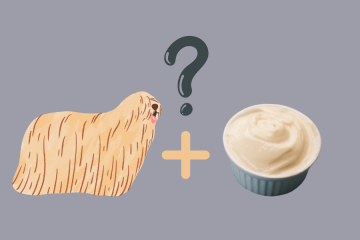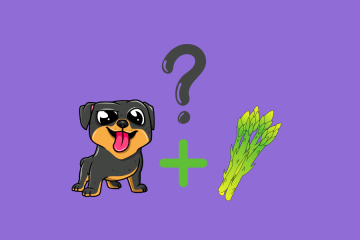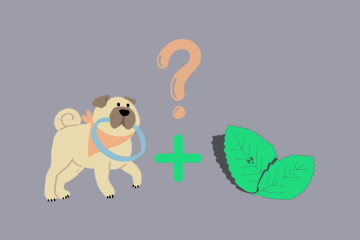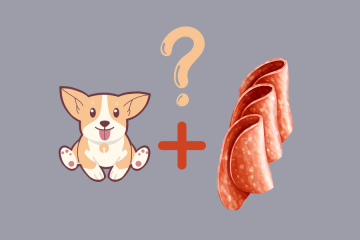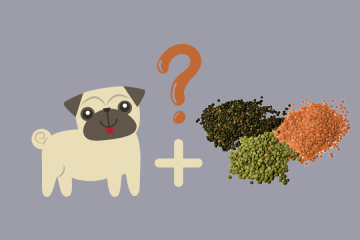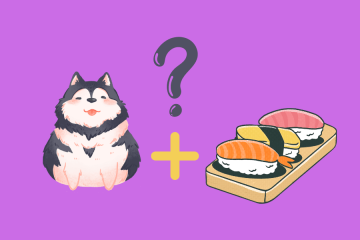Key Takeaways
- Can dogs eat pistachios? Actually they can, but there are some potential risks to consider.
- Dogs can have nut allergies, and these nuts contain aflatoxin, a toxin that can damage the liver.
- Additionally, overeating pistachios can lead to pancreatitis in dogs.
- Pistachio shells in large amounts can also lead to intestinal blockages.
- Regular doses of shelled organic pistachios are generally safe for dogs to eat, but this depends on each dog’s health condition.
- It’s important to be aware of the symptoms of pistachio poisoning so that you get help right away if needed.
Are There Any Benefits of Feeding Dogs Pistachios?
Can dogs eat pistachios? It is one of those questions that need to be answered. We have dogs ourselves, and we are constantly looking for new snacks to feed them. This might surprise you, but very often dogs’ eyes lit up when they see the can of pistachios sitting on the counter. Are they actually safe for dogs? Well, let’s dive into the subject!
Can dogs eat pistachios? Generally, they can! Pistachio nuts are good for your pup’s health because they’re great sources of healthy nutrients, such as:
- monounsaturated fat;
- polyunsaturated fat;
- vitamin B6;
- copper;
- and potassium.
Pistachios can provide a number of health benefits for dogs when fed in moderation. Their high fiber content can help regulate digestion, while the antioxidants present can help boost the immune system.
The green kernels are also a good source of protein, which can help build and maintain muscle mass. Additionally, pistachios can be helpful in weight management programs for dogs, as they are a low-calorie snack that can help satisfy hunger without providing too many calories. As with all food items, however, it is important to monitor how much your dog consumes and ensure that they do not have any allergies to pistachios before feeding them this nut.

Can Pistachio Nuts Be Bad for Dogs?
Can dogs eat pistachios? What are the risks? Pistachios may seem like the perfect pup-friendly snack, but owners should be aware of potential risks before sharing. While these delicious nuts contain aflatoxin – an issue for more sensitive dogs – larger amounts can lead to pancreatitis when it comes to furry friends.
As with any treat or food item, moderation is key in ensuring healthy snacking habits that won’t leave your pet paying the price later on! If a dog has a nut allergy, pistachios can cause the immune system to create an allergic reaction on his skin or in his respiratory tract, which can lead to:
- itching;
- hives;
- redness on the skin;
- wheezing;
- coughing.
The reason nuts can cause allergic reactions in some dogs is due to their high concentration of proteins; most allergenic proteins are found in nuts (and also soybeans).
Editor’s Note
Most supermarket pistachios are heavily salted, which means that even if you peel the skulls, the salt lingers on. All pet parents know that large amounts of salt are terrible for our furry pals.
What to Do if Your Dog Ate Pistachio Shells?
It is important to give dogs nuts in general only if the shells were removed before and there is no skull or skin left, because they can be a choking hazard for dogs. And we don’t want our beloved pet to choke on anything, do we? If your dog ate a shell, you should call your veterinarian or try to induce vomiting first. Pistachio shells in large amounts can also lead to intestinal blockages.
What Is Pistachio Poisoning?
If a dog eats too many pistachios, he/she can get really sick Symptoms of aflatoxin poisoning include:
- vomiting;
- diarrhea;
- lethargy;
- jaundice (yellow discoloration on whites of eyes or mucous membranes);
- liver damage;
- abdominal pain, etc.
Pet owners should always keep an eye out for signs of pistachio poisoning in their canine companions. Symptoms may include vomiting, diarrhea, loss of appetite and increased thirst – if your pup experiences any of these issues after eating shelled organic pistachios then it’s time to visit the vet! By familiarizing yourself with potential negative effects linked to certain foods you can ensure that your fur-baby stays safe and healthy.
How Many Pistachios Can Lead to Poisoning?
Aflatoxin poisoning can occur if a dog eats too many of these delish green nuts. The exact amount can vary depending on the size of your dog, but it can be as little as a few handfuls of nuts. Symptoms can occur within 15 to 48 hours after eating the nuts and can include the following: vomiting, diarrhea, lack of energy, low body temperature, depression, lethargy, elevated heart rate, jaundice, loss of appetite, sweating, bloody urine, bloody stool, weakness or bloody vomit.
How To Prepare Or Serve Pistachios For Dogs
Can dogs eat pistachios with their kibble? Yes! Adding extra flavor and nutrition to your pet’s meals can be as simple as tossing in some pistachios! But, when introducing new snacks into Rover’s dish it is important to start with smaller portions. Cashews are a great go-to for pup approved treats but stay away from walnuts or macadamia nuts – these might have harmful effects on dogs’ pancreases.

Feeding Your Dog Pistachios. Safe or Unsafe?
There are many benefits and risks associated with canines eating pistachios. While some dogs can eat a handful of pistachios without any negative side effects, others can suffer from pancreatitis or get aflatoxin poisoning if they ingest too much at once. If your dog suffers from a nut allergy then he should avoid eating this food altogether, but the rest can enjoy it in moderation. Remember to always remove the shell before you feed your pet!
So, can dogs eat pistachios? Now you know paw-fectly! You can also check our article: can dogs eat cashews?
Frequently Asked Questions
How Many Pistachios Can a Dog Eat?
A dog can eat around 5-15 pistachios without any problems. However, it’s always best to consult with a veterinarian if you are unsure about how many pistachios your dog can eat.
What Nuts Are Poisonous to Dogs?
Some nuts can be toxic for dogs, such as macadamia nuts and walnuts. Other nuts, such as almonds, pecans and pistachios, are generally safe for dogs to consume in moderation.
What Happens if My Dog Eats 1 Nut?
Generally, if your dog ate one nut, there should be no cause for concern. However, you should monitor your dog to ensure that he or she does not show any signs of an allergic reaction or gastrointestinal upset. If so, contact your veterinarian immediately.


